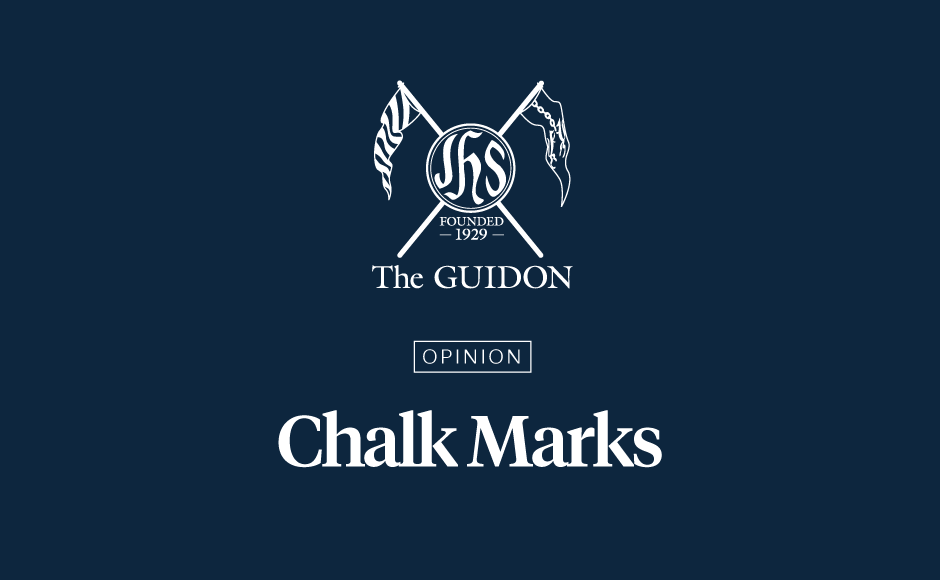WHEN THE Duterte administration took the reins from its predecessor, the President’s economic managers made two things clear: That they would continue the macroeconomic policies of the previous administration, and that they would prioritize infrastructure spending. Fast forward two years later, and our economy has taken quite the turn. Just on August 9, we saw gross domestic product (GDP) growth at its slowest pace in three years and the Bangko Sentral ng Pilipinas (BSP) deliver its largest rate hike since 2008. These came after June inflation figures were reported at a five-year high of 5.7%.
On that day, we heard Socioeconomic Planning Secretary Ernesto Pernia and BSP Governor Nestor Espenilla acknowledge the headwinds our economy faces. Pernia cited “prudent and judicious” policy decisions in tourism, mining, and aquaculture causing a drag on growth. He also said that the government is “gravely concerned about the almost stagnant output of the agriculture sector.” On the other hand, Espenilla said the BSP’s Monetary Board “deems stronger monetary action necessary to rein in inflation expectations.”
These comments come after an extended period where the economic managers have spoken with a tone of bullishness and prosperity. Often, we would hear Finance Secretary Carlos Dominguez talk confidently about the country’s growth prospects and champion the tax reform package and “Build, Build, Build” program as the keys to further growth. “The Philippine economy is on course. We are well on our way to providing the inclusive development our people aspire for,” Dominguez said during his pre-SONA remarks for the cabinet’s Economic Development Cluster. Earlier this year, Pernia allayed concerns about the economy overheating, saying that the national government “[has] the platform to effectively address these concerns.” Budget and Management Secretary Benjamin Diokno likewise told reporters “to look at the facts” when assessing the economy.
And yet, the President himself said that “the economy is in the doldrums.”
Perhaps it’s time for Duterte’s economic managers to take a more measured approach in discussing the economy. The experiences of Korea and Malaysia show the impact of solidarity and strong public sentiment in successfully hurdling economic turbulence. After it was hit hard by the 1997 Asian financial crisis, South Korea implemented quick financial reforms to rejuvenate the economy and engineer a recovery. Martin Feckler from The New York Times attributed the successful turnaround to Koreans’ “sense of shared national purpose and willingness to sacrifice.” Thailand deployed its own reform measures after the 1997 crisis through massive fiscal stimulus and created the National Economic Action Council to restore both public and investor confidence.
While our economy is nowhere near a crisis, the present-day economic “doldrums” do call for an alignment in messaging and sentiment. At a time when all that Filipinos can see is rising prices and decaying infrastructure, it’s hard to appreciate the washed- up narrative of continued stellar economic growth.
Long-term, the consensus view is that Duterte’s economic policies are the right moves. It is high time to reform an antiquated tax system and significantly upgrade our infrastructure. But with soaring inflation, a widening current account deficit, and a larger portion of debt sourced abroad, maybe it’s time for the economic managers to acknowledge the risks and challenges we might encounter en route to more broad-based growth.
The times are tough and if anything, they serve as a wake-up call. They remind us that prosperity doesn’t last forever and that we can’t reach the next leg of growth without turbulence. In times like this, what the people need isn’t a message of long-term prosperity, but rather an assurance that things will be okay and that we can weather the near-term headwinds. Otherwise, it’s the same old problem of a Philippine growth narrative that our people can’t relate to.
Miguel N. Sevidal (BS ME ‘17) is a part-time lecturer at the Finance and Accounting Department.




